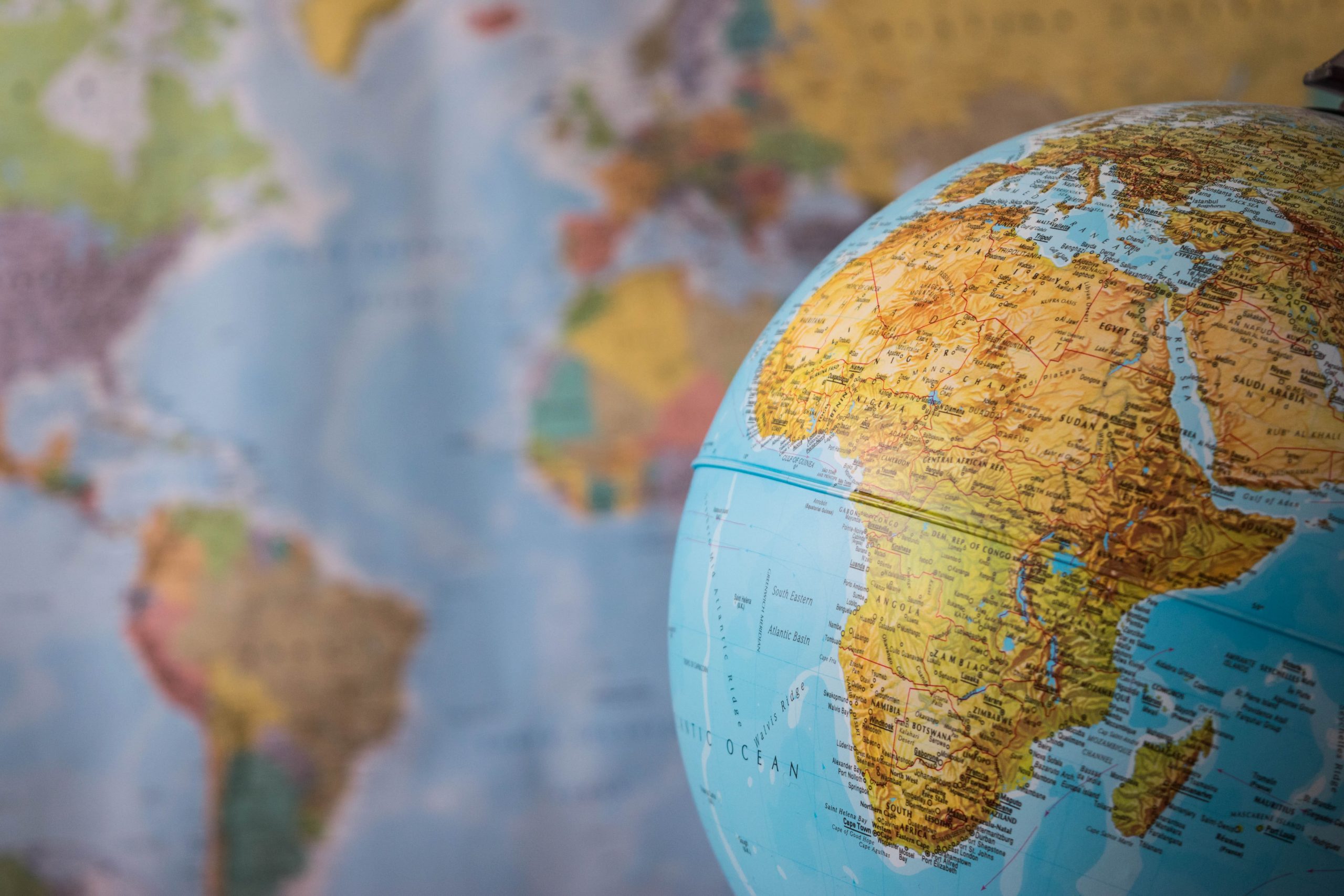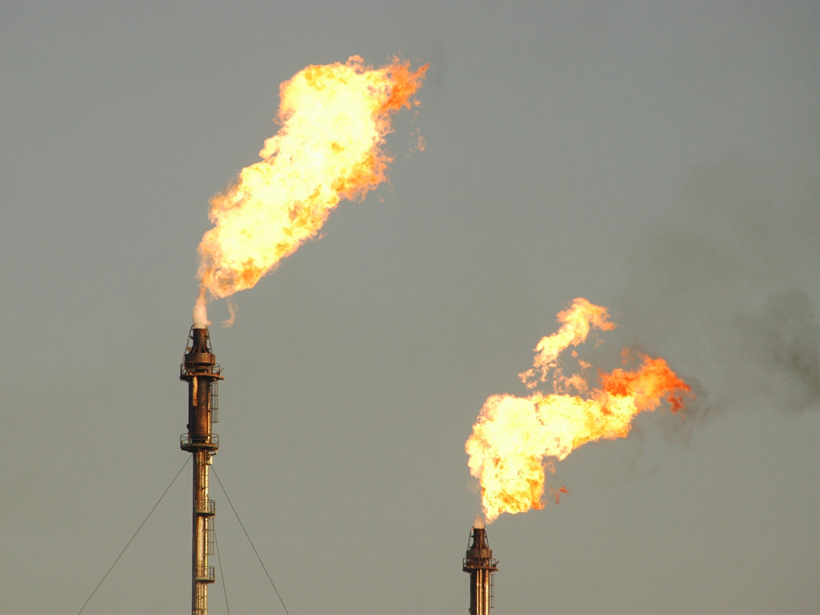

The Russia-Ukraine conflict has emphasised Europe’s reliance on Russian oil and gas and shown the volatility of the continent’s energy security.
This is not the first time there have been disruptions, with tensions in 2014 between Russia and Ukraine threatening supply. Yet despite that warning, it looks like nothing has been done in the last eight years to diversify supply networks.
Europe’s energy is now again at risk. Africa can help bring security. In the short-term, Africa can ramp up production and exports, with North Africa well positioned. Algeria, for example, saw an increase in liquefied natural gas (LNG) exports to Europe from 40b cubic meters (bcm) in 2020 to 53 bcm in 2021. This is expected to rise even further in 2022.
Similarly, Egypt, with over 77 trillion cubic feet (tcf) of gas reserves, has become a net exporter of LNG owing to major projects coming online such as the 2.7b cubic feet per day Zohr gas field. This is also expected to increase as two additional wells are anticipated to start producing in 2022.
In the mid-term, countries in west and southern Africa are in strong positions to increase European exports, due to new projects coming online and efforts to reduce and reinject gas flaring.
Mozambique, for instance, has made significant progress to scale up project development, with the first onshore production from the Rovuma LNG project expected in 2025. Likewise, the commissioning of the first phase of the $4.8bn Grand Tortue Ahmeyim gas project, co-developed by Senegal and Mauritania, is expected in 2023. These projects, with a primary focus on exports, can significantly improve energy security in European markets.
With over 200 tcf of natural gas reserves, Nigeria is also well positioned to help meet Europe’s energy needs. According to the African Energy Chamber, the country is set to see supply growth up until 2025, driven by existing producing projects and new developments. Nigeria can increase gas exports from its existing production by eliminating gas flaring, reinjecting existing wells and connecting stranded assets. This is a win-win that increases exports while reducing carbon emissions ahead of Nigeria’s 2030 deadline to cease gas flaring.
Pipeline investment needed
Long-term, Africa has emerged as the ideal supplier for Europe and will be able to guarantee energy security with the right investment.
Specifically, new and existing pipelines between key gas fields in west and north Africa will be fundamental for Europe’s energy future. These include the trans-Saharan gas pipeline linking Nigeria with Europe, the Maghreb-Europe gas pipeline linking Algeria with Spain, the Medgaz pipeline linking Algeria and Spain, and the Greenstream pipeline linking Libya with Italy. These pipelines, among other capital-intensive gas projects across the continent, require significant investment commitments, and Europe needs to step up in this regard.
Africa has been calling for investment in its hydrocarbon sector for years – calls which, for the most part, have gone unanswered. While the EU’s decision to label certain gas and nuclear projects as green represents a crucial step towards enhanced capital injections in Africa – ushering in a new wave of investment that aligns with climate policies – a lot more needs to be done to improve the financing of African gas. Energy security is just as important as the type of energy countries are consuming.
The EU’s decision on gas will serve both Africa’s and Europe’s interests: Africa can help to fund its own development, drive its energy transition and alleviate energy poverty, while Europe can guarantee energy security for years to come. If Europe wants to ensure energy security after the Russia-Ukraine conflict, it needs to step up its investment in African gas and infrastructure.
